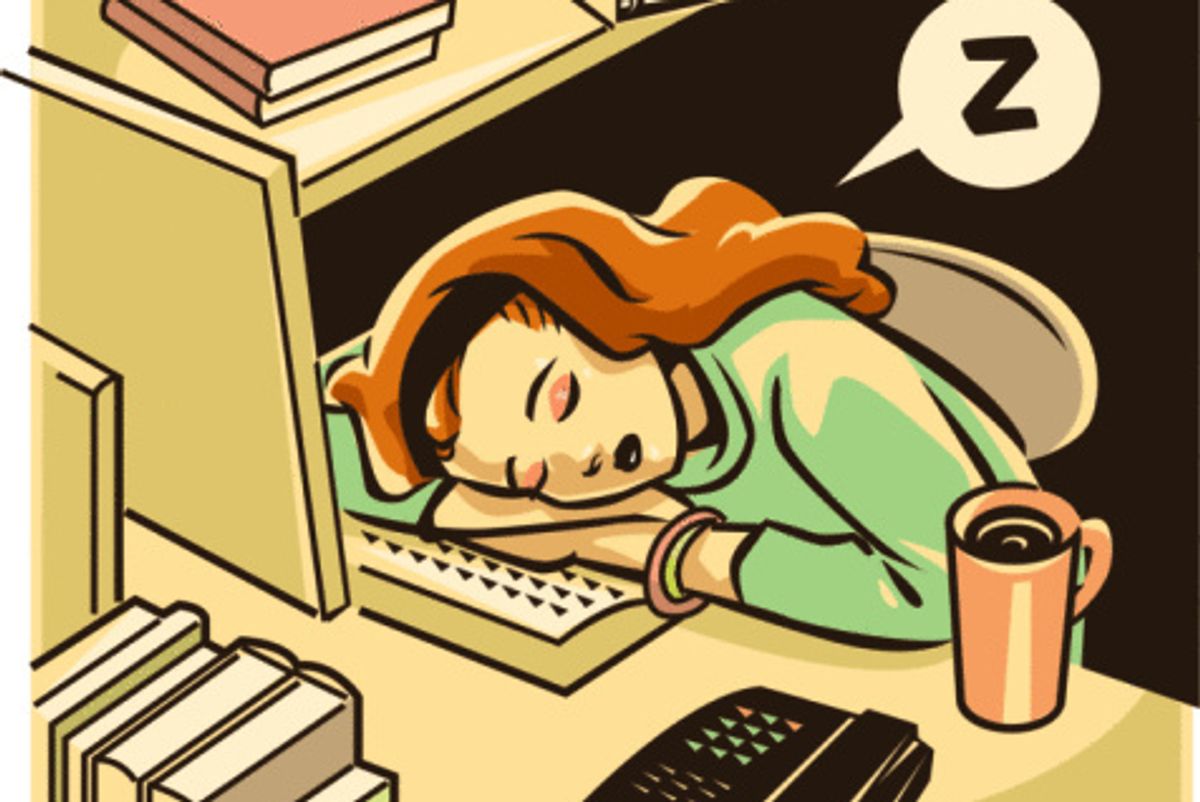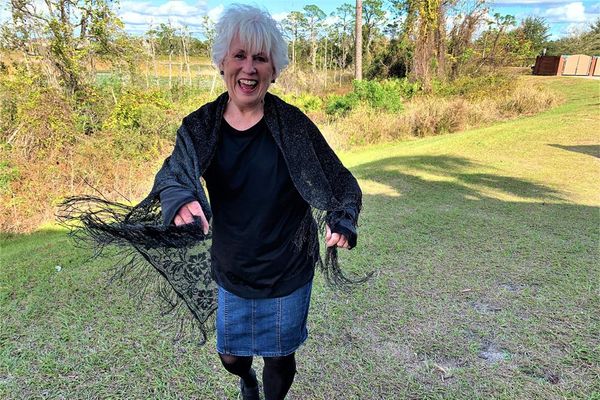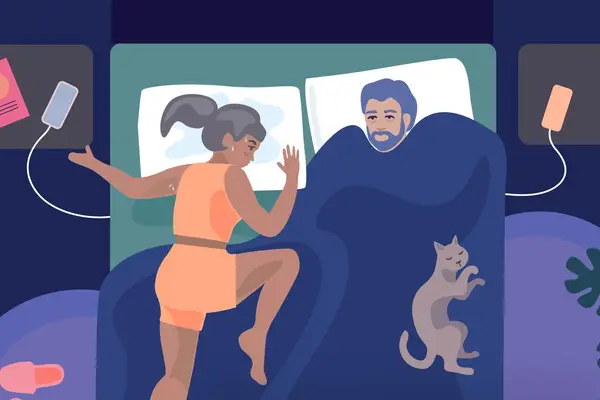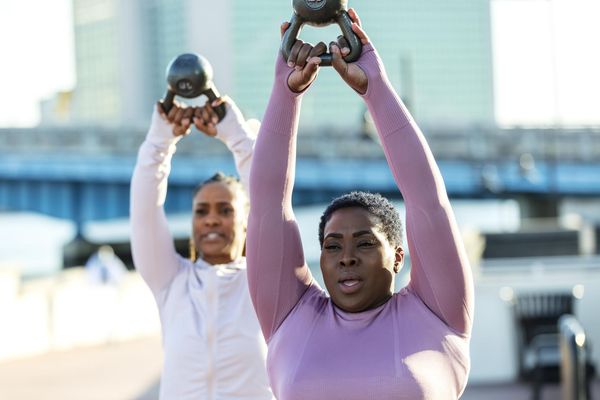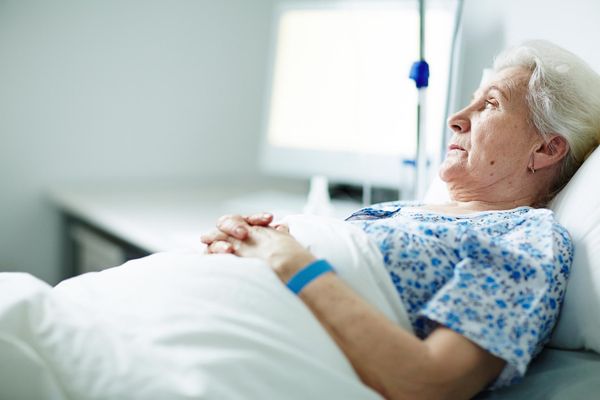There are some healthy habits that people are proud to admit to: not smoking, eating lots of fruits and veggies, getting regular exercise.
And then there are those habits that they keep secret, for fear they'll be thought of as lazy or indulgent or just plain foolish.
One in three adults, according to a Pew Research Center Trends survey, admits to napping. The other two-thirds? Maybe they do, or maybe they don't.
But maybe they SHOULD.
And since so many of you commented on my last post, "5 Simple Steps to Better Health" that you should nap more (or at all), I decided I'd dedicate this post to that subject.
Lo and behold – no kidding! - the friendly FedX guy delivered a book I had long been anticipating to my doorstep this morning. A while back, I interviewed social psychologist James B. Maas, a renowned sleep expert, researcher, Cornell University professor, and all-around nice guy. In fact, he's the one who coined the phrase, “power nap." He told me a new book was in the works. And now, it's here: Sleep for Success-Everything You Must Know About Sleep But Are Too Tired To Ask is jam-packed with solid sleep advice, including a chapter on one of my favorite things: napping.
(Make sure you continue reading for some great napping tips – and a chance to win a copy of this fabulous book)
Personally, I love naps. I try to take them on the weekends – when I have the luxury of time - although I'm convinced I could easily take one every single day. I can feel my body slow down, feeling like it's being pulled to the ground by gravity, right around the same time each day – about 3PM. If I can't nap, I try to boost my energy by some deep breathing, eating a snack, taking my dog out for a walk, or just powering through.
Naps have amazing benefits. They can help you learn – and retain what you learn – better. They can lower your risk of heart disease. They reduce stress, boost your mood and increase your productivity.
Convinced?
Lots of people, though, have trouble napping, are sleepy after napping, and haven't figured out the fine art of doing it successfully. Here, some answers compliments of Dr. Maas.
How long should you nap?
There are two options, depending on the time you have:
- A twenty-minute nap will take you through the first two stages of sleep, which are relatively light. If you wake up at the end of this cycle – 20 minutes – you'll feel rejuvenated rather than groggy, since you'll be waking during a light cycle.
- A ninety-minute nap will take you through one complete cycle and wake you during Stage 2 of the next cycle, which is a light cycle.
Of course, everyone's body clock differs, says Maas, so you might need to experiment and tweak this just a bit.
Will napping make it harder to fall asleep come bedtime?
Usually not, unless you have a history of insomnia. But it's important to follow the napping “rules" and not overdo it on the amount of time you spend napping. Maas advises to experiment first with a 20-minute nap to see how it goes.
Can napping make up for lost sleep?
While it's possible that it can, it's by no means a substitute for bad sleep habits. There's nothing more beneficial than consistent and restful nighttime sleep.
What are some tips for napping for those of us who just can't do it?
Preparing for a nap takes (a little) work!
Try to wipe your worries, like that growing to-do list, from your mind. Write them down before you lay down (and tell yourself that when you wake, you'll be so much better equipped to deal with them). And, although these may be obvious, so many of us don't do them and miss our turn at a quality nap:
- Close the door.
- Turn down the lights.
- Block out light with an eyeshade and noise with things like earplugs, a fan, noise-canceling headphones, or anything else that is white noise.
- Turn off your cell phone.
- Put your computer into sleep mode (after all, computers deserve naps, too).
- Get comfy. While it may not mean PJs and your blankie, get as close to comfort as you can. Lie down or lean back in your chair, with your head and limbs supported so you don't wake yourself by jerking either one (I've jerked myself awake on many occasions – isn't it just a wee bit humiliating when you're on a train or airplane?)
- Get cool. Optimal nighttime sleeping temperature, according to researchers, is 65-68 degrees Fahrenheit.

